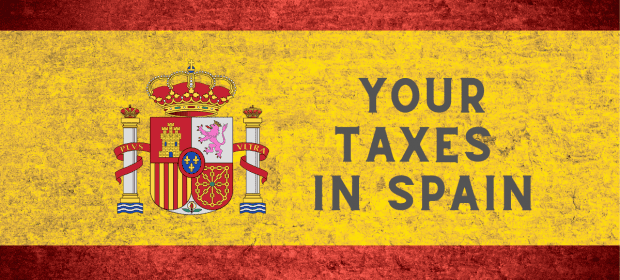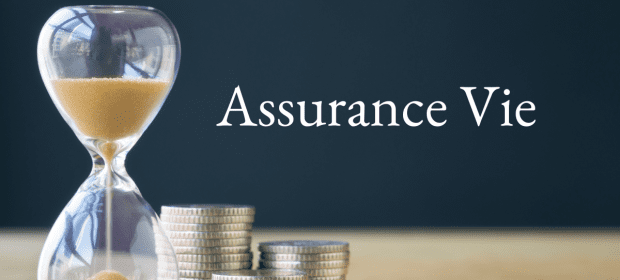Speaking with my many clients one of the most talked about topics is “I wish I had done something sooner” or “I wish I had put a plan in place”.
All too often in our younger years we race through the nitty-gritty details of our finances and neglect to focus on crucial “future proofing” in the process. In our 20’s we tend to spend, spend, spend. In our 30’s we try to save, but starting a family or purchasing property make it difficult. In our 40’s we’re still suffering the hangover from our 30’s and inevitably the work required to provide for your financial future becomes increasingly harder.
But if you adopt a marathon approach to money (opposed to a sprint – see my article on this topic), it can allow you to take a more holistic look at your overall financial picture and see how decisions that you make in your 20s and 30s can impact your 40s, 50s and into your retirement years.
It doesn’t matter how old you are, being financially healthy boils down to two things. The level of debt you have and the level of savings/investments you have. The only real difference is how you approach both subjects, as this will change with age .
Tips in your 20’s
1. Debt – Loans And Cards
It’s easy to think that making the minimal payments and delaying paying them off, to save more, is a good idea, but this strategy rarely works. The more you make the more you tend to spend, so getting round to clearing off these debts never comes any closer. As you go through the 20’s cycle, additional costs will start being considered, like starting a family or purchasing a house therefore the ability to clear your debts just doesn’t materialise.
This is why now is the time to work on breaking the credit card debt or loan cycle for good.
2. Start An Emergency Fund
While you’re busy paying down your debt, don’t forget that you should always be planning on having a “savings buffer” in the bank. To help accomplish this goal you should transfer funds straight from your “day to day” account into a deposit account. One where your aren’t likely to get access through an ATM which reduces the temptation to spend it on a whim. Ideally, you should aim to have three times your take-home pay saved up in your emergency fund.
3. Contemplate Your Future – Retirement
At this point in your life, retirement is far off, but it can be important to start saving as early as you can. Even small amounts can make a big difference over time, thanks to the effect of compound interest. Start saving a small percentage of your salary now to reap the rewards later in life. See my articles on compound interest and retirement planning to see the difference it can make.
Tips in your 30’s
During this decade, your financial goals are likely to get a bit more complicated. Some people will still be paying off credit card debt and loans, whilst still working on the “emergency account”. So what’s the secret to juggling it all? Rather than focusing on one goal you should be looking at the biggest of your goals, even if there are three or four.
1. Continue Reducing Debt
If you’re still paying down your credit card balances then considering consolidating onto one card with an attractive interest free period should be your first task. Failing that you need to concentrate on the card with the highest interest rate and reduce the balance ASAP. The most important thing to consider with debt is the interest rate, If you have low interest rates (I’d be surprised) then there’s no major rush to pay them off, as you could manage the repayments and contribute to other financial goals at the same time. If your interest rates are quite high then the priority is to clear these debts down.
2. Planning For Kids
Little ones may also be entering the picture, or becoming a frequent conversation. Once this is a part of your life you’ll start thinking about the cost implications as well. Setting aside a small amount of funds now to cater for the ever increasing costs of bringing up a child will reduce the financial stress later down the line. If you have grand plans for them to attend university, potentially in another country, then knowing these costs and planning for these costs should be part of your overall financial planning.
3. Assess Your Insurance
The thing that most people forget. Big life events such as getting married, having kids, buying a house are all trigger points for reassessing what insurance you have in place and more crucially what insurance you should have in place. If you have dependents, having sufficient Life cover is paramount. Other considerations should be disability, critical illness and even income protection.
4. Start that Retirement Plan
It’s time to stop just thinking about setting up what you call a Pension Pot, it’s time to take action. Starting now makes it an achievable goal, leaving it on the back burner because you’re still too young to think about retiring is going to come back and haunt you later in life.
Tips in your 40’s
This is the decade where you need to make sure you’re on top of your money. At this point in your life, the ideal scenario would be to have cleared any debts and to have a nice healthy emergency fund sitting in a deposit account.
1. Retirement Savings – Priority
During your 40s it’s critical to understand how much you should be saving for retirement and to analyse what you may already have in place to cater for this. In my opinion it’s now that you need to start putting your financial future/ retirement ahead of any other financial goals or “needs”.
2. Focus Your Investments
Although you may not have paid much attention to “wealth management” in your 30s, you’ve probably started accumulating some wealth by your 40s. Evaluate this wealth and ensure there is a purpose or goal behind the investments you have done. Each goal will have a different time horizon and potentially you will have a different risk tolerance on each goal. The further away the goal is the more you can afford to take a “riskier” option.
3. Enjoy Your Wealth
It’s about getting the balance right. Hopefully you’ve worked hard and things are stable from a financial point of view. You need to remember to enjoy life today as well as planning on the future. As long as important financial goals are being met there is no harm is splashing out on that dream holiday, and enjoying it whilst you can.
Tips in your 50’s
You may find yourself being pulled in different directions with your money. Do the children still require financial support, do your parents require more support than before ?, The key thing to remember is to put your financial security first, and yes I know that sounds a bit tough…….. You still have your retirement to consider and probably a mortgage that you’d like to clear down before retirement age.
1. Revisit Your Savings and Investing Goals
Your 50’s are prime time to fully prepare for retirement, whether it’s five years away or fifteen. At this point you should be working as hard as possible to ensure you reach your required amount. This means that careful management of your assets is even more critical now. It’s time to focus on changing from a growth portfolio to a combined growth, income and more importantly a preservation portfolio. What I’m saying here is it’s time to really analyse the level of risk within your asset basket.
2. Prioritise – Your Future V Kid’s Future ( It’s a tough one….)
During their 50’s a lot of clients struggle with figuring out how much they can afford to keep supporting a grown child, especially when they’re out there earning themselves. The bottom line is that although it can be tough you have to continue to put yourself. first. The day of retirement is only getting closer and unless your planning has been disciplined there’s a possibility you may need to work longer than anticipated, or accept less in your pocket than you hoped for.
You are number 1…….
3. Retirement Decisions and considerations
You should begin to revisit your estate planning, your last will and testament, power of attorney if you feel necessary and confirm that your beneficiaries on any insurance policies or investment accounts are all valid.
Once you’ve covered off the administration part then I’d suggest you sit back and look forward to the biggest holiday off your life……..have a great time !!!















